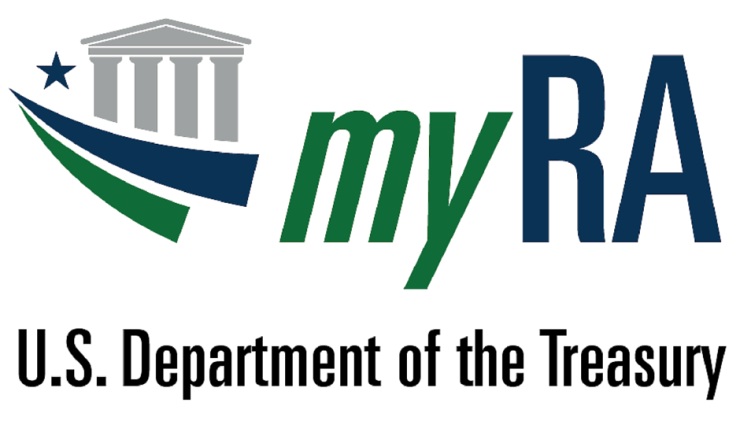 The Role of Income Protection in Your Financial Plan
The Role of Income Protection in Your Financial PlanLike much of the financial plan industry, the federal government is well aware that Americans are not saving enough for their retirement. Lower income individuals and people who work part-time jobs are particularly ill prepared for their futures. In an effort to make saving easier for new and small-dollar savers, the U.S. Department of the Treasury is now offering myRA (my Retirement Account).
Employers are being asked by the Treasury to help support this program. Yet, just how does this work, how does it impact you and your existing retirement plans, and what are your fiduciary obligations?
Thankfully, the rules are pretty straightforward as outlined in the About myRA Fact Sheet for Employers by the U.S. Treasury and the December 15, 2014 Information Letter to the Treasury by John J. Canary, Director of Regulations and Interpretations for the Department of Labor (DOL). Here are the key points:
- The myRa targets “lower and medium income individuals who generally are not currently saving and are not eligible to participate in an employer-sponsored retirement plan,” according to the DOL.
- The myRA accounts only invest in special new Treasury savings bonds, and particularly important to the risk-averse saver, the account will never lose value (except when withdrawals are made).
- myRA accounts are a Roth IRA and subject to the Roth IRA rules. According to the DOL: “the assets in the account can be rolled over at any time to a private-sector Roth IRA and will be when the retirement savings bond matures after 30 years or once its total value reaches $15,000.”
- Currently, employee contributions can only be made through payroll deductions. Most important, “an employer that makes myRAs available by payroll deduction is not responsible for compliance with any of these rules or limits,” states the DOL, and notes that the Treasury “does not at this stage intend for employers to implement automatic contribution arrangements.”
- Employers do not make contributions to the myRA accounts and they have no funding or investment obligations.
- myRA does not replace an employer sponsored retirement plan. Instead, it’s meant to address the needs of employees who don’t qualify for participation or cannot meet contribution requirements.
In addition to making myRA payroll deductions for your employees, the Treasury is asking for your help in providing the information and enrollment forms provided by the Treasury Department. All employers “are encouraged to speak to their employees about myRA, display promotional materials, and emphasize the importance of regular savings,” explains the Treasury. “It costs nothing for you to offer myRA to your employees; you do not administer employee myRA accounts, contribute to them, or match employee contributions. Each payday, you simply facilitate a payroll deduction from the employee’s paycheck to the designated myRA account.”
The Treasury’s myRA Resources for Employers website contains links for downloading posters, infographics, banners, and meeting tools to help facilitate and promote the program.
Clearly, we all want to help more people find retirement readiness solutions. While there are saving limits with the myRA program, it does help people start on the road to better preparing for their future. Hopefully, for many, this can transition to an even greater savings mindset when employees are eligible to participate in an employer-sponsored plan.
The opinions voiced in this material are for general information only and are not intended as authoritative guidance or tax or legal advice. You should consult with your attorney or advisor for guidance on your specific situation.



